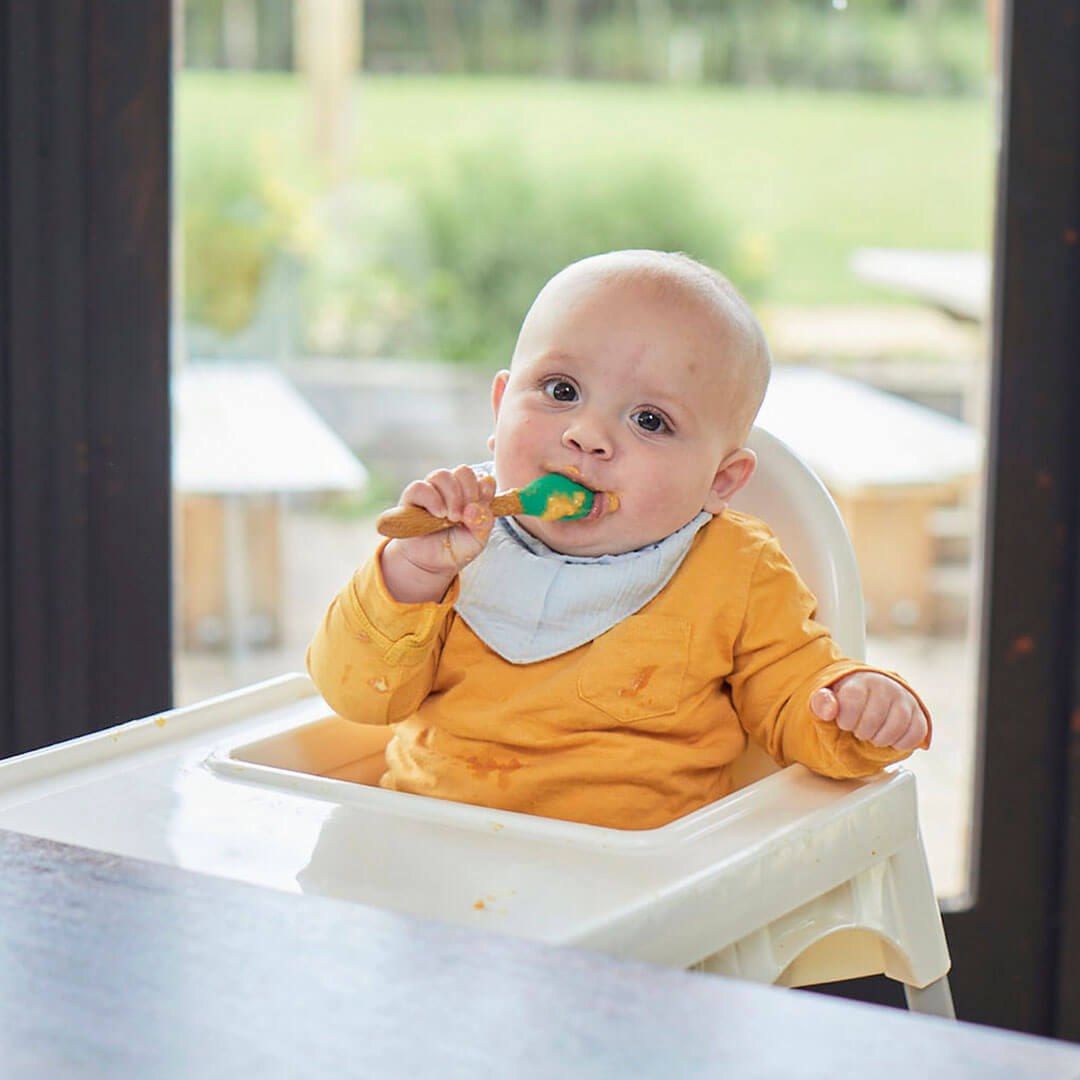3mins
From peanuts to eggs, the list of potential allergens can feel overwhelming. Before you begin weaning, it's crucial to understand food allergies to ensure a safe transition for your little one. When it comes to food allergies, awareness is key. Among the myriad of potential allergens, some stand out as more common culprits. Please see the list below.
Image

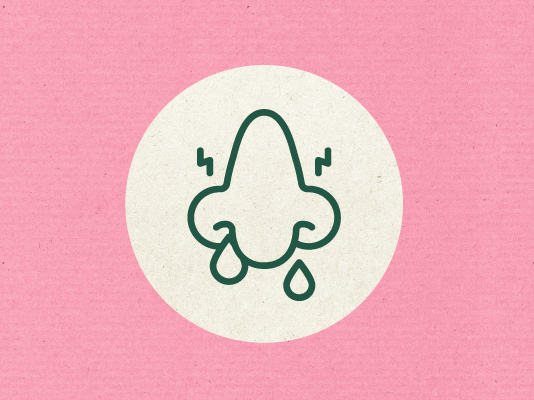
Nasal
• Congestion • Runny nose • Watery eyes • Sneezing
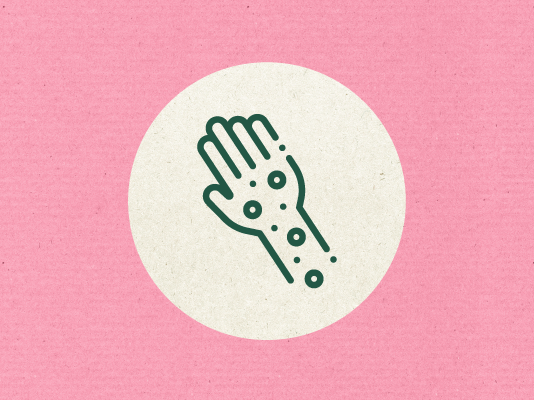
Skin and mucosal tissue
• Hives • Itching • Redness • Swollen lips, face or eyes
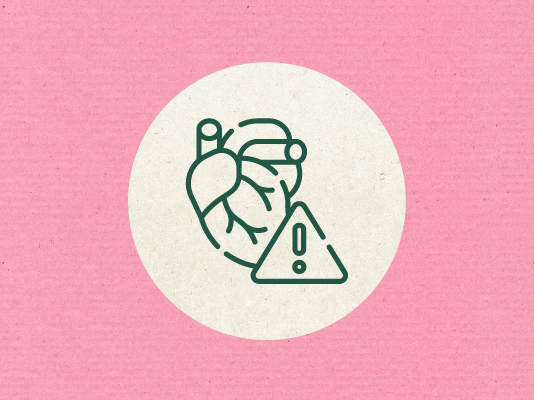
Cardiovascular
• Weak pulse • Tachycardia • Change in skin colour (pale, blue…) • Dizziness
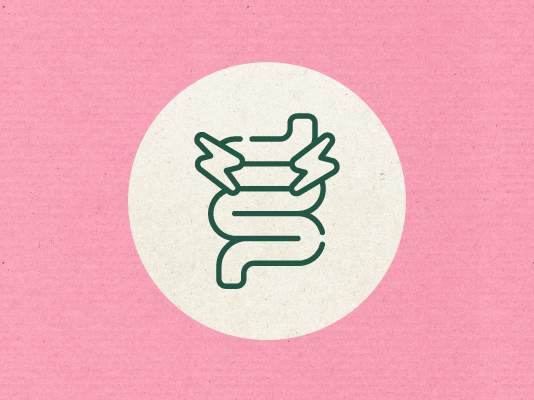
Gastrointestinal
• Nausea • Pain/cramps • Vomiting • Diarrhoea
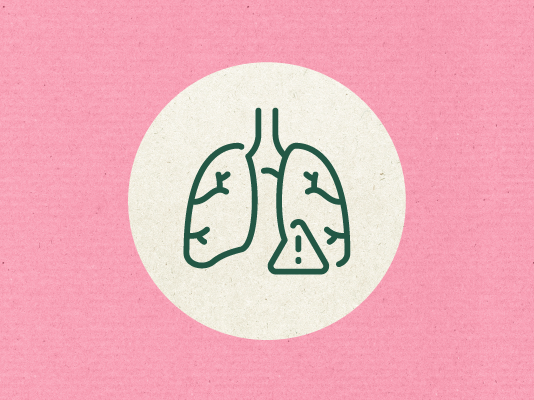
Respiratory
• Coughing • Throat tightness • Shortness of breath
Please note: This guide has been created with the information provided by the Hero Institute for Infant Nutrition, and the NHS in the UK. It has been published for information purposes only and not as medical advice. Please contact your GP or Health Visitor if you have any questions.


